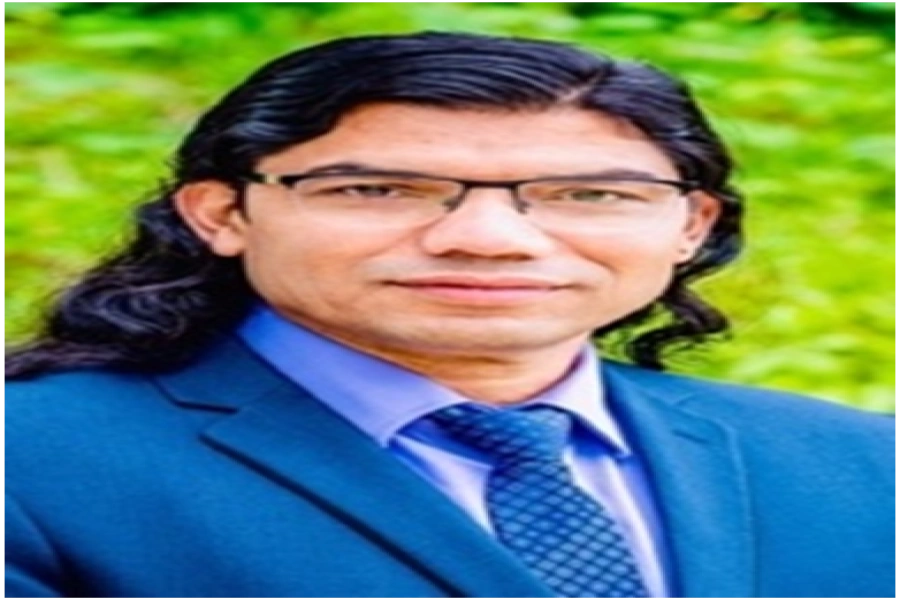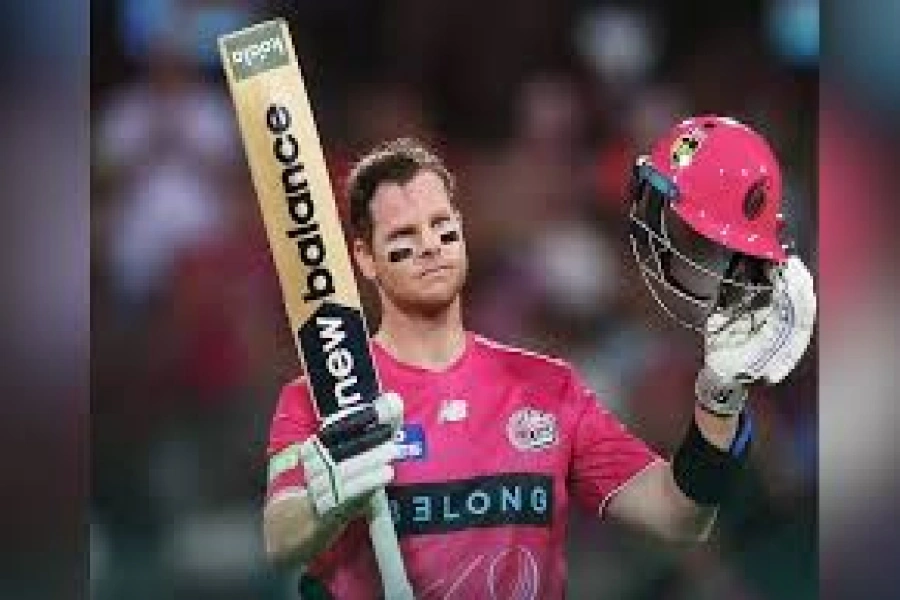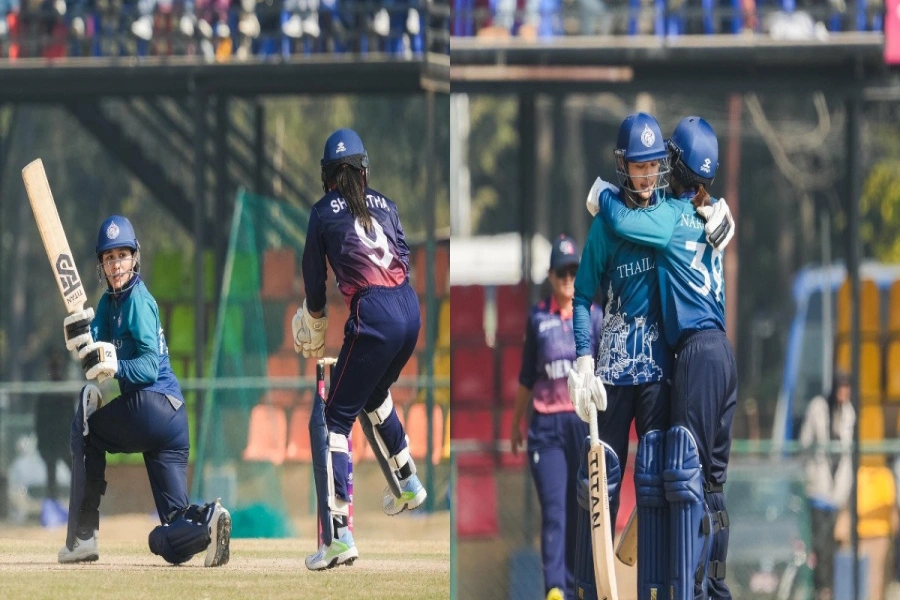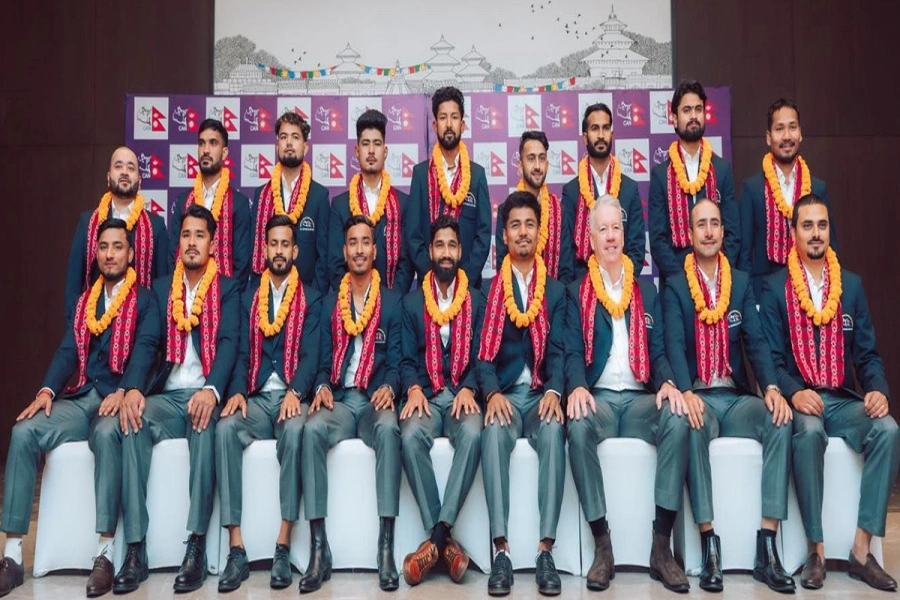Harsha had abandoned his parents for one reason alone: to please his wife.
To him, Padmaa, his wife, had become the most beautiful woman in the entire world. He believed, with unshakable conviction, that everyone gossiped about her beauty, her sculptural curves, the bend in the hips, the thick strand of her hair like a waterfall pouring down hills. One day they were walking past the poplar trees, and he suddenly found himself speaking as if in hypnosis, “Even the trees can’t stand your celestial beauty, Padmaa. Look!....look how enviously they are swaying.” He pointed to the cluster of them, but her eyes only found motionless trees that would, even if the harshest of storms come, stand the same.
He loved her eyebrows, thick with black mascara. He often watched them in awe, and would mumble words of praise, “Ah! How beautiful they are, carved like the wings of a soaring bird.” Her eyes, to him, his whole being, were like the glinting stars in the night sky.
And often he fell under the spell of those eyes. There was something about them, something one couldn’t make out into words. So powerful was their gaze that one could do anything for them, even if it meant killing oneself. These very eyes had killed Harsha’s parents that summer of 2020.
That summer, with the fading scent of June, a decade had slipped by since Harsha abandoned his parents and fled to the city with his wife. The mud-walled house, where he had once promised his parents to build a new and sturdier home, where his laughter used to echo in the courtyard, had now collapsed into a haunting silence. The swing he had tied to the old guava tree still creaked in the wind. A pair of his worn-out slippers lay gathering dust in the corner of the gate, as if waiting for his return. Now, only the weary bleats of goats and the occasional cluck of chickens remained in the house, like fading echoes of a life once full of warmth.
That summer, in the stillness of an afternoon, the wind drifted through the solitary gorge of the village with a melancholic serenity. A goat herder, murmuring to himself and casting occasional glances at his scattered herd, wandered aimlessly along the familiar trail. Then, he stopped, his breath caught, and his heart sank. There, swaying miserably from the knotted branches of the old willow tree, hung two silent figures.
Food crisis looms large as drought hits Madhesh districts
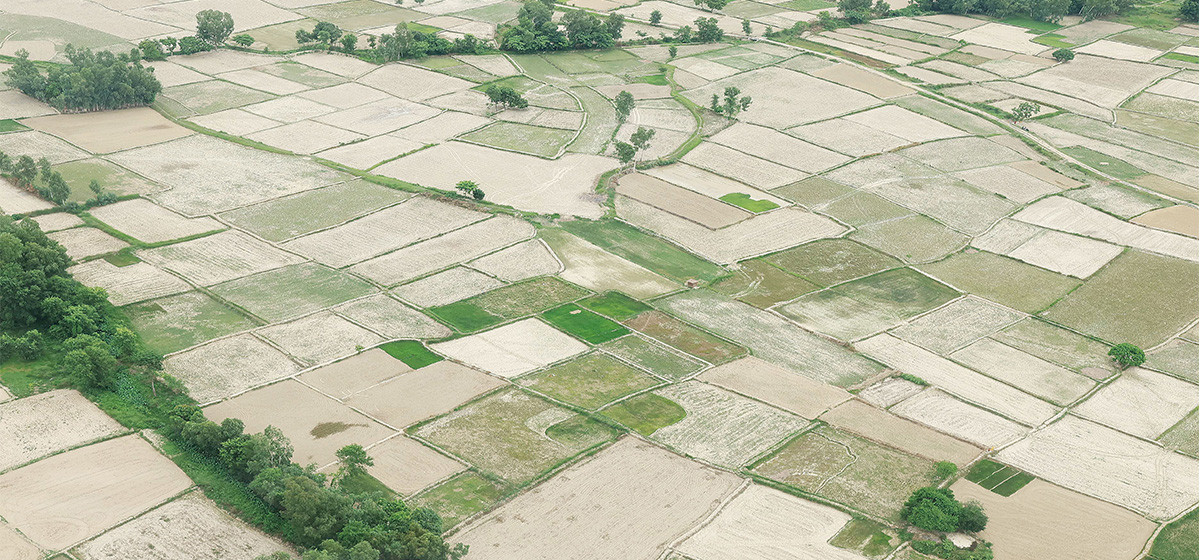
Shortly after, a dense crowd began to gather. The entire village had made its way to the grove, drawn by whispers and the rising hum of disbelief. People stood frozen beneath the willow, covering their mouths, some clutching their children tightly. A man in a faded vest muttered, “Did they… did they die just today?” Another, older and squinting at the hanging figures, shook his head slowly. “No, no… not today. Look at the skin; bloated, dark... must be three, four days at least.” A third man, who had just arrived and was panting hard, burst out, “God! Look at them….already rotting.” His voice cracked, rough like gravel.
The air smelled of rotting flesh. Flies buzzed in black clouds, crawling into hollow eye sockets, settling in the torn folds of what used to be gentle skin. The sight was filthy. But even in all that filth and stillness, their hands stayed locked together, fingers gripping tight, like some stubborn piece of love that still refused to die.
“What an animal their son is,” muttered the old sarpanch from the stone stairway, his bony hand gripping the knob of a worn stick. His voice was hoarse. “He carved sorrow so deep into their hearts, they couldn’t carry it any longer.” His eyes remained fixated on the bodies, hollow and still, as if he was trying to carry some part of their sorrow himself.
“They were gentle souls,” he went on quietly, “and they didn’t die of age or illness, but of a grief so vast, so merciless, it hollowed them from within. They waited and waited for a son who never returned, for dreams that never ripened. Now, they will never wait again. No dream will stir in their bones. No longing will ache again. Everything they were has perished.”
His voice cracked, not from pity but from something colder, harder. A chill passed over his face. “Oh God,” he whispered, trembling with something like rage, “forgive us this sin. And never again, I beg you, never send into this world a son like theirs.”
The villagers mourned deeply that day, grieving the quiet passing of two souls who had once smiled with blooming hope and waited with unshakeable faith that their son would come back. It was the Sarpanch’s son, just sixteen of age, who stepped forward to perform the final rites, the duties meant for a son. With trembling hands, he lit the fire, his young face shadowed by a grief he didn’t fully understand, but felt all the same.
And so time marched on, indifferent to the grief left behind. Five years have passed since his parents died. And Harsha is still oblivious to reality. He knows nothing of his parents, whether they still live or if they’ve already withered away. And why would he though? Afterall, he, their only child, the only reason they had lived for, the only reason they had fought through the aches of life, had turned his back on them as if they were nothing when his parents had requested both of them to stop unnecessarily taking loans and wasting away the money in shopping and entertainment.
“Why do you care?” He said to his father, Pasuram, a fifty-one years old government teacher who, in a few years, was about to retire. His father, who had once been the proudest man when his son was doing great in his studies and had also started working, lost his control, and hit his son in the face who was twenty five, married with two children already.
Harsha’s wife always wanted him to abandon his parents because she could no longer bear this day-day quarrel which often followed after the night his father hit him in the face. She had even threatened him that she would end the marriage with a divorce.
Padmaa had become Harsha’s everything. And he did what she said.
There was once a time when Padmaa had heard him say: “My parents are my everything.” And since then his life had completely changed. From that moment, she had begun to take hold of him, slowly drawing him in with a beauty that seemed to undermine his sense of reality. There was something in the way she moved, the way she looked at him, that made him forget what had once felt important. She didn’t like it when he spoke about his parents, which he did often, almost compulsively.
His mother, Juntara, was an old woman worn thin by the weight of her body’s betrayals. Her head ached constantly—sharp, coiling pains as though the nerves inside were twisting to strangle her from within. Her back, too, throbbed without pause, and a dull pain nestled deep in her ears. Hospitals had become a second home; white sheets and antiseptic smells more familiar than her own kitchen. Despite it all, she clung to her son with a quiet, aching devotion. “After you,” she would say, brushing his hair back or holding his hand a little too long, “I never wanted another child. One was enough. My whole heart went into you.”
Harsha will never know what he has done, not until the silence surrounds him fully, and by then it will already be too late. This is the dark face of our suffering, the slow and cruel truth of being human. We move through life blind and oblivious, torn from the ones who love us, until the moment of reality shatters the glass of illusion and presents life as it is. Until the house stands empty. Until the voices fall quiet. Only when everything has fallen apart does understanding dawn. That is our human destiny. Wisdom comes too late. The helplessness that follows comes when nothing can be changed. The grief stays, but it cannot undo what has been destroyed. The love remains, but there is no one left to receive it.






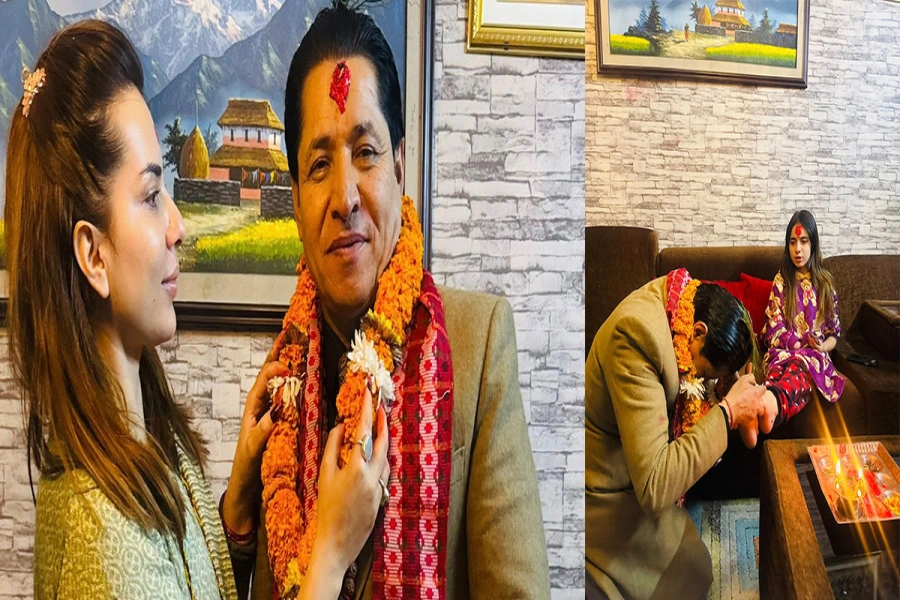
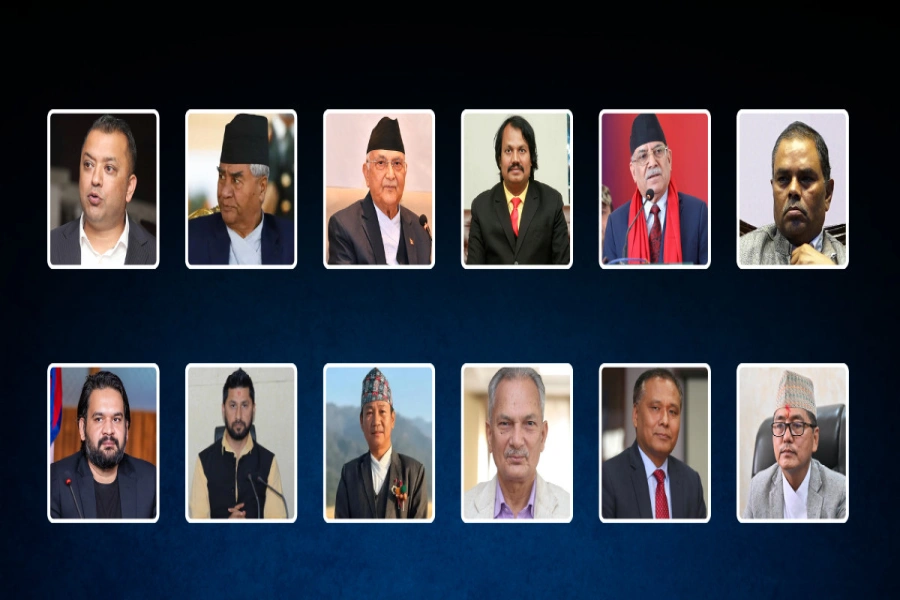

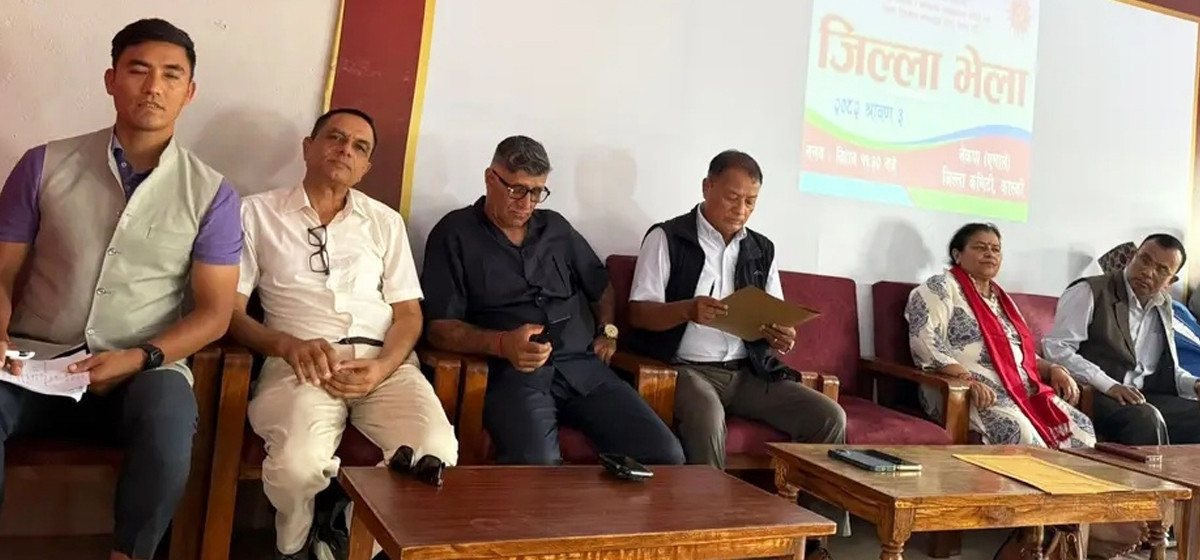
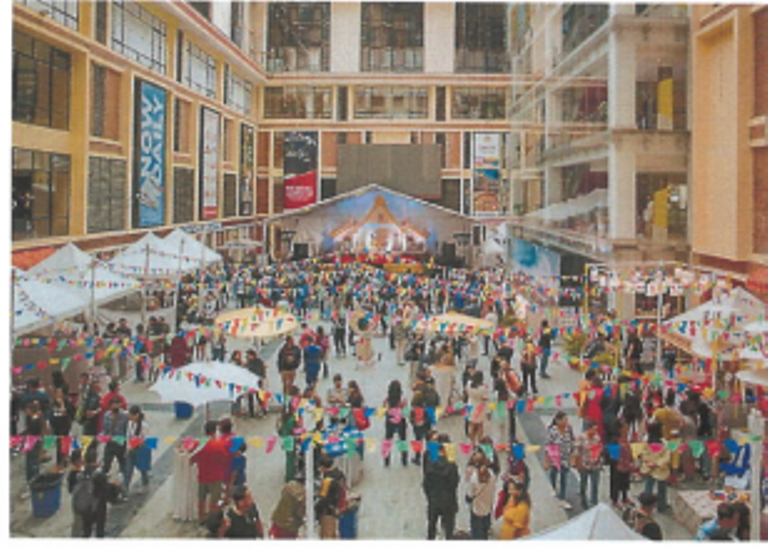
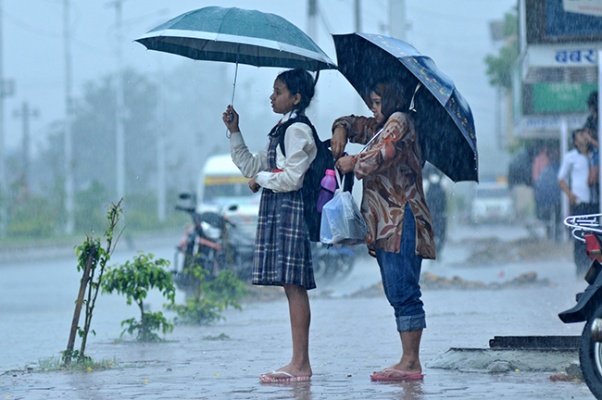
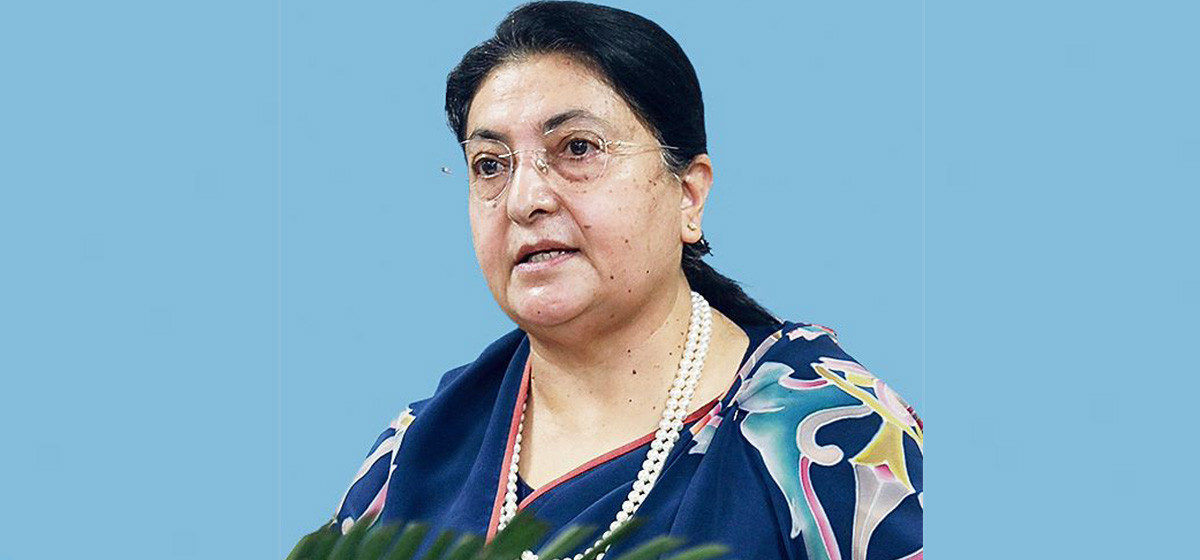





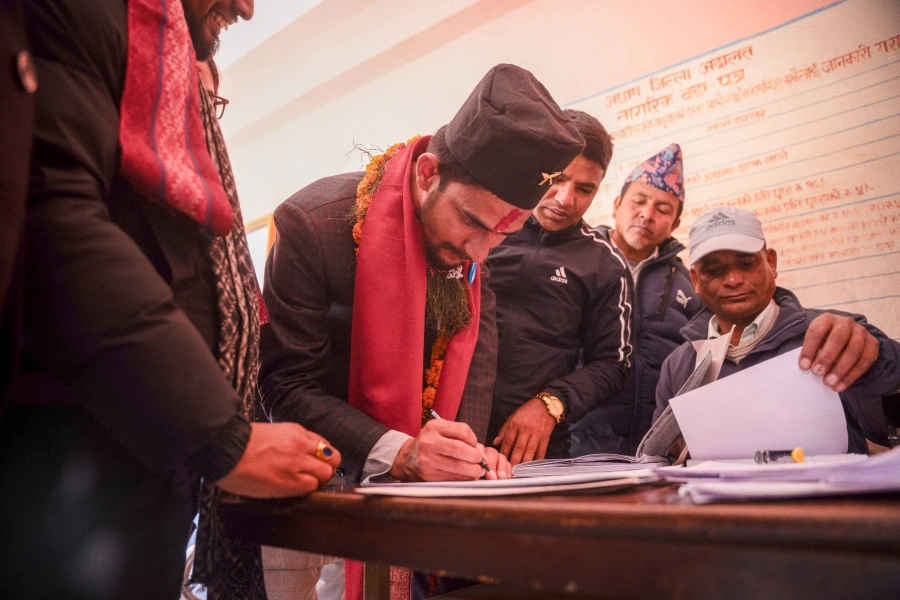
_20220508065243.jpg)


